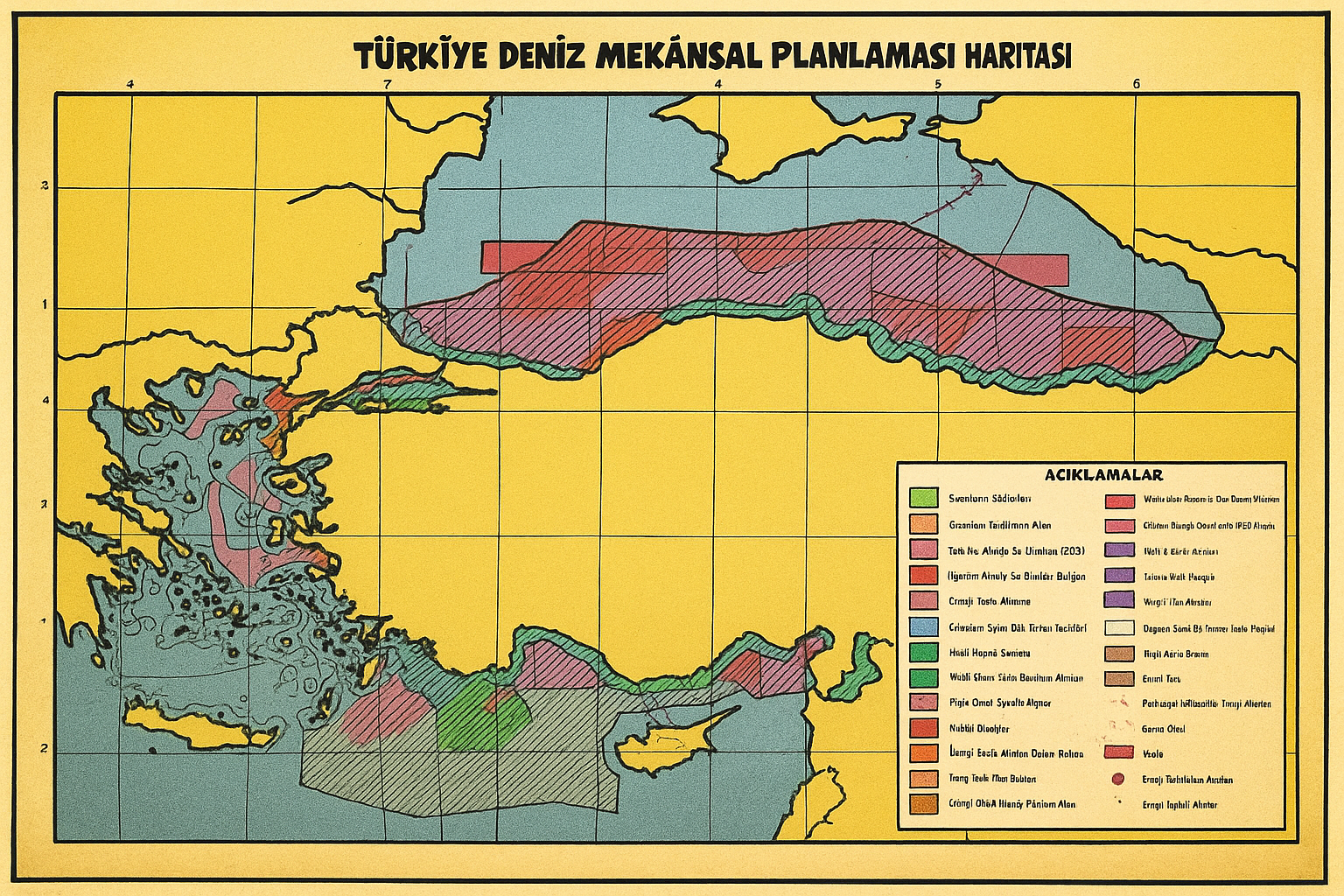The ‘pizzino’ sent to Merz and a Germany that insists on showing weakness

110 years ago, in the heat of the campaign in favour of entering the war, Benedetto Croce was forced to write elegant articles in which he tried to explain that his ‘Germanophilia’ was a sincere veneration of German civilisation, not an endorsement of the political line of the Kaiser and his government.
How to blame him? In the last few centuries, Germany had given the world the Lutheran Reformation, the laws of planetary motion, modern philosophy, the internal combustion engine, the electric tram, symphonic music, the exploration of subatomic particles, romanticism, expressionism, Goethe and Thomas Mann. He had given scientific rigour to archaeology, philology, sociology, linguistics and historiography.
To the newly-born Kingdom of Italy, then, the Germans had given decisive support for the recovery of Venice and Rome, as well as a 30-year cover, with the Triple Alliance, which had been not only military and diplomatic but also financial.
It is difficult, in short, not to understand Croce’s fascination and gratitude, and at the same time his displeasure towards a Germany in flesh and blood that had revealed itself to be authoritarian and aggressive, even towards neutral countries, and against which Italy was about to go into battle.
A people condemned to amnesia
It is a pity that no one considered the distinctions made by the ‘Germanophiles’ like Croce after the end of the world wars and the fall of Nazism, when the two Germanies, while receiving very different economic treatments from the USA and the USSR (Marshall Plan for the West, massive reparations for the East), were nonetheless both condemned to a damnatio memoriae on their past that has no parallel in recent history.
The great German civilisation had to be dismissed en bloc as the antechamber to Nazism, as if this had been the obligatory and secret destiny of the Germans since the time of Alaric.
Shame on Kant, shame on Nietzsche, shame on Bismarck, shame on Frederick the Great, and make way for the cultural models of the two triumphant superpowers.
Then, in recent decades, the seeds of wokism have fallen on this already tilled soil. Prestigious German art history institutes in Italy do research on South American Indios, and in the syllabuses of some high schools a whole year is devoted to Russian and Chinese history, weighing up ‘the pros and cons of Stalin and Mao’.
But the Germans, I repeat, had already been subjected to cancel culture for three generations when the word was invented.
It is rare for a people to be subjected to such a profound amnesia of their identity.
Rare and, of course, dangerous.
Because if one’s memory is reduced to having been the Nazis, the absolute evil of humanity, and then to having done everything to no longer resemble the Nazis in anything (even wearing socks under one’s sandals), it becomes a bipolar memory, split between a white and a black and between a before and an after.
And statistically, by the law of large numbers, sooner or later there will be someone who, disillusioned with the pole of ‘white’ and ‘after’, and seeing no alternative around, will throw themselves back onto the pole of ‘before’ and ‘black’.
Memory that becomes paralysis
All the more so when the ghost of Nazism haunts not only the memory of the past, but the choices of the present. It is no secret that every slightest step taken by Germany risks being accused of revived Nazism.
Rebuilding an army? “Nazi!” Sending peacekeepers into an international crisis? “Nazi!” Don’t giving the Greeks the money they pretended to have? “Nazi!” Asking for austerity? “Nazi!”
Launching a trillion dollar investment plan instead? “Nazi!” Approving the Green Deal? “Nazi!”. Not approving the Green Deal? “Nazi!”. Defending Israel? “Nazi!”. Not defending Israel? “Nazi!”.
Buying Russian gas? “Nazi!” Not buying Russian gas and thus increasing inflation? “Nazi!”
It is hard to live like that. And in fact Germany, at least since reunification, has always remained cautious to the point of irrelevance in any major crisis.
But, if Germany is irrelevant, in a chain, Europe is irrelevant too. And in the Trump era, if Europe is irrelevant, the values for which Europe stands are also irrelevant.
Friedrich Merz’s election campaign, all about the urgency of the historical moment and the disavowal of Merkel’s choices, had kindled some hope in the ‘Germanophiles’ still scattered here and there across the old continent.
At last, Germany promised to no longer be a dead weight haunted by its past (or, rather, by a distorted rewriting of its past imposed by the victors on the vanquished) but the stable nation ready for whatever it takes that half a billion Europeans need in these frightening years.
But in the Bundestag they ‘play the Italians’
The road seemed paved: a tried-and-tested coalition agreement, effectively armoured for four years thanks to constructive no-confidence vote; 500 billion already released to invest in infrastructure; a general willingness to dilute the more irrational measures of the Green Deal; a low oil price that strengthens Germany and weakens Russia; three healthy oppositions ready to pick up the discontent (Greens, Linke and Liberals); an Afd guarded by the secret services that will wear down with every misstep; the euro projected towards a role as a global currency reserve.
Yet, at the moment when a show of strength was most needed, someone in the Bundestag saw fit to give the world a sign of weakness.
In the first vote of confidence Merz did not receive a majority to become Chancellor, which only came in the second vote.
In the ranks of the CDU and the SPD, in short, a dozen MPs acted ‘Italian-style’: in the secrecy of the anonymous vote they sent the future Chancellor a blackmailing warning, as if to reiterate that the majority is slim, that it can fail at the most critical moments and that the appropriate concessions will have to be made to prevent this from happening.
That ‘pizzino’, however, as the German press instantly denounced, did not make Merz look weak: it made Germany look weak, and with it Europe, and with them the values for which Europe stands.
Pride is needed more than money
Such dullness and petty-mindedness do not seem German. Always, though, if we imagine Germans as they imagine ‘Germanophiles’ enraptured by Wagner’s Siegfried and Kant’s ethics.
But maybe even Germans no longer imagine themselves that way. They imagine themselves to be fearful and haunted by guilt, or, when they really can’t take it anymore and are looking for an ‘Alternative‘, they imagine themselves once again attracted by the watchwords of the extreme right.
If the danger of the Afd is to be neutralised, it would be foolish and materialistic to trust in the economic take-off that Merz is trying to trigger. We must trust in the rediscovery of a pride in being German that does not involve shaved heads and nostalgia for ethnic purity to the tune of techno.
Will four years be enough?











